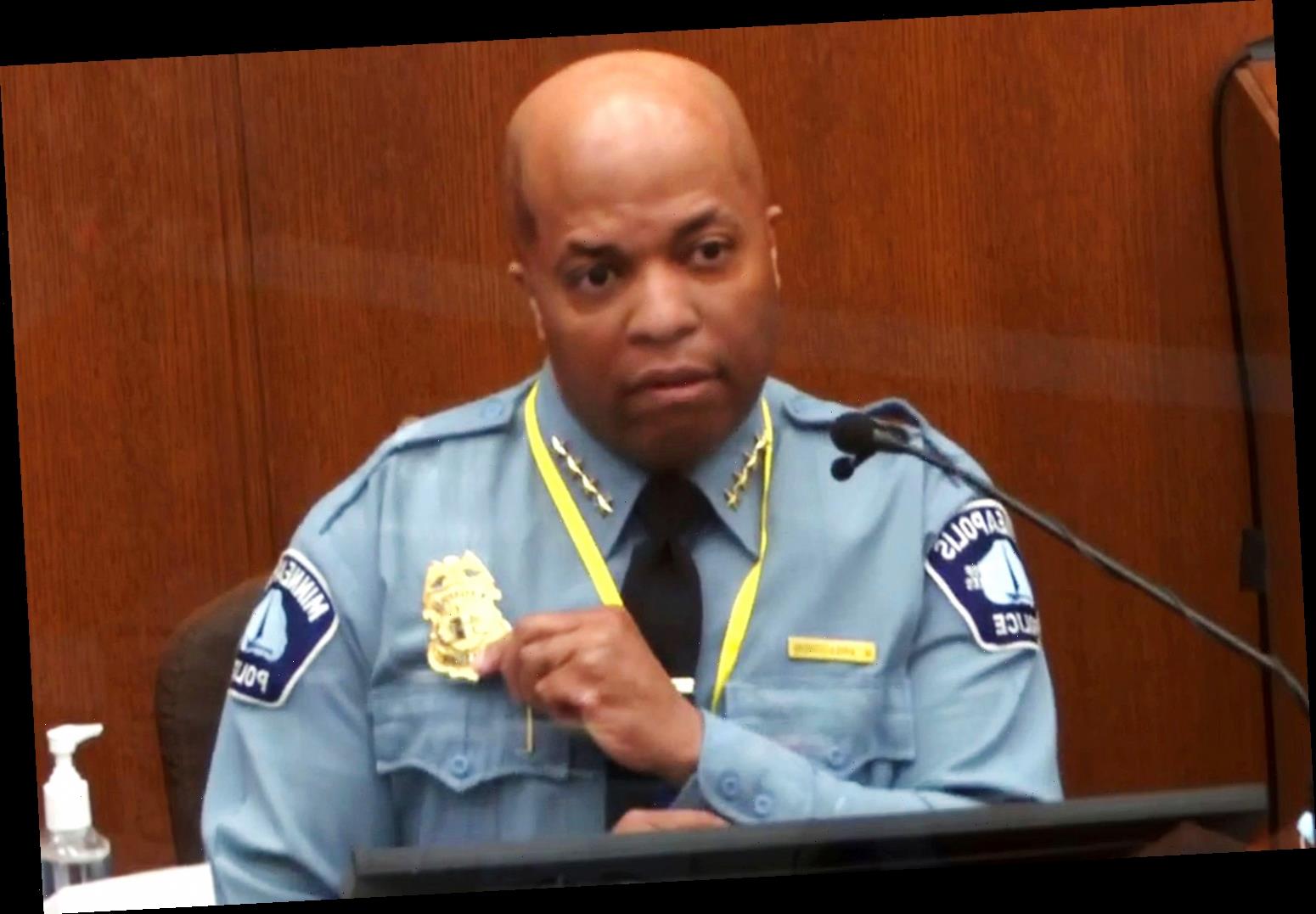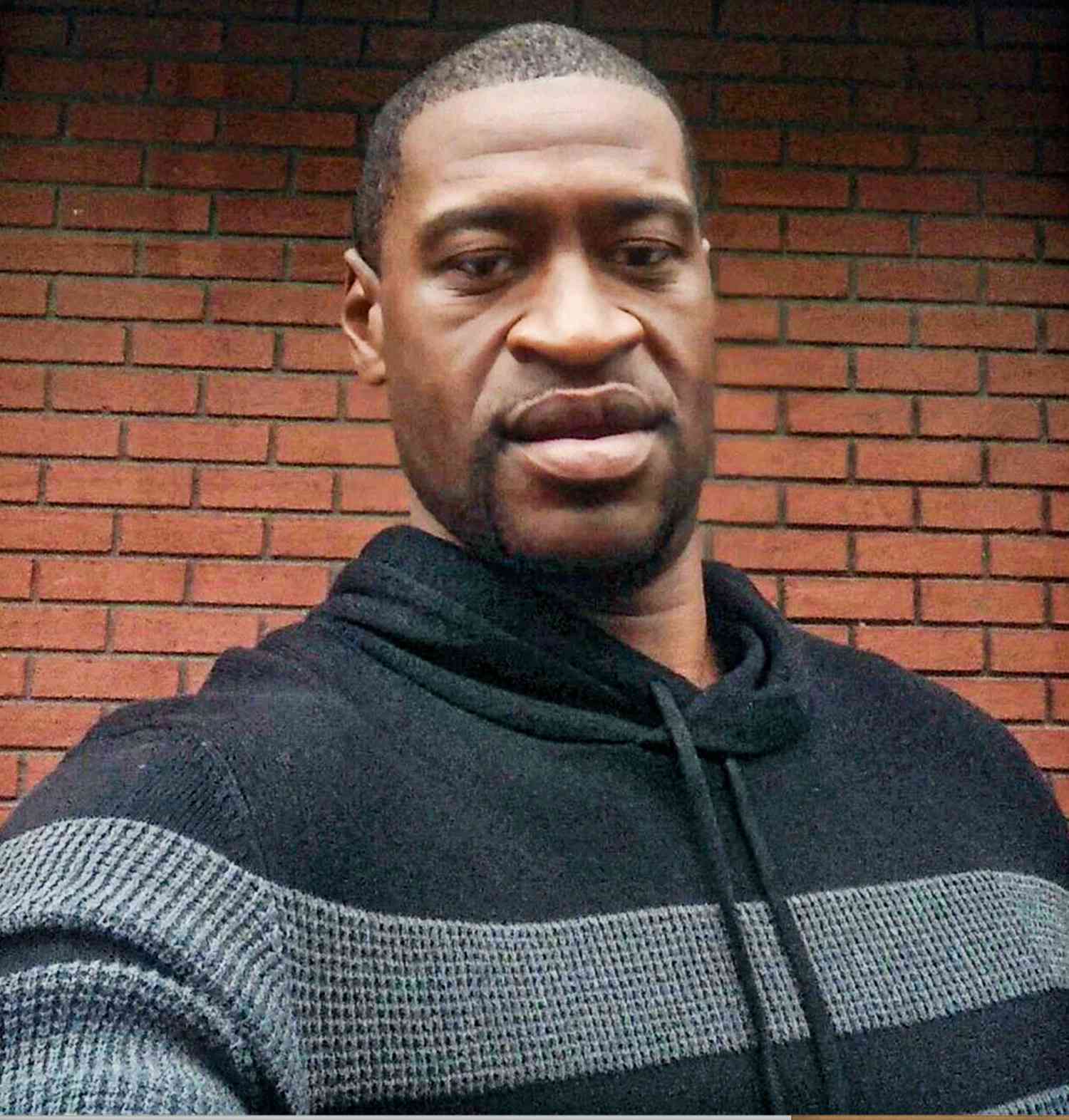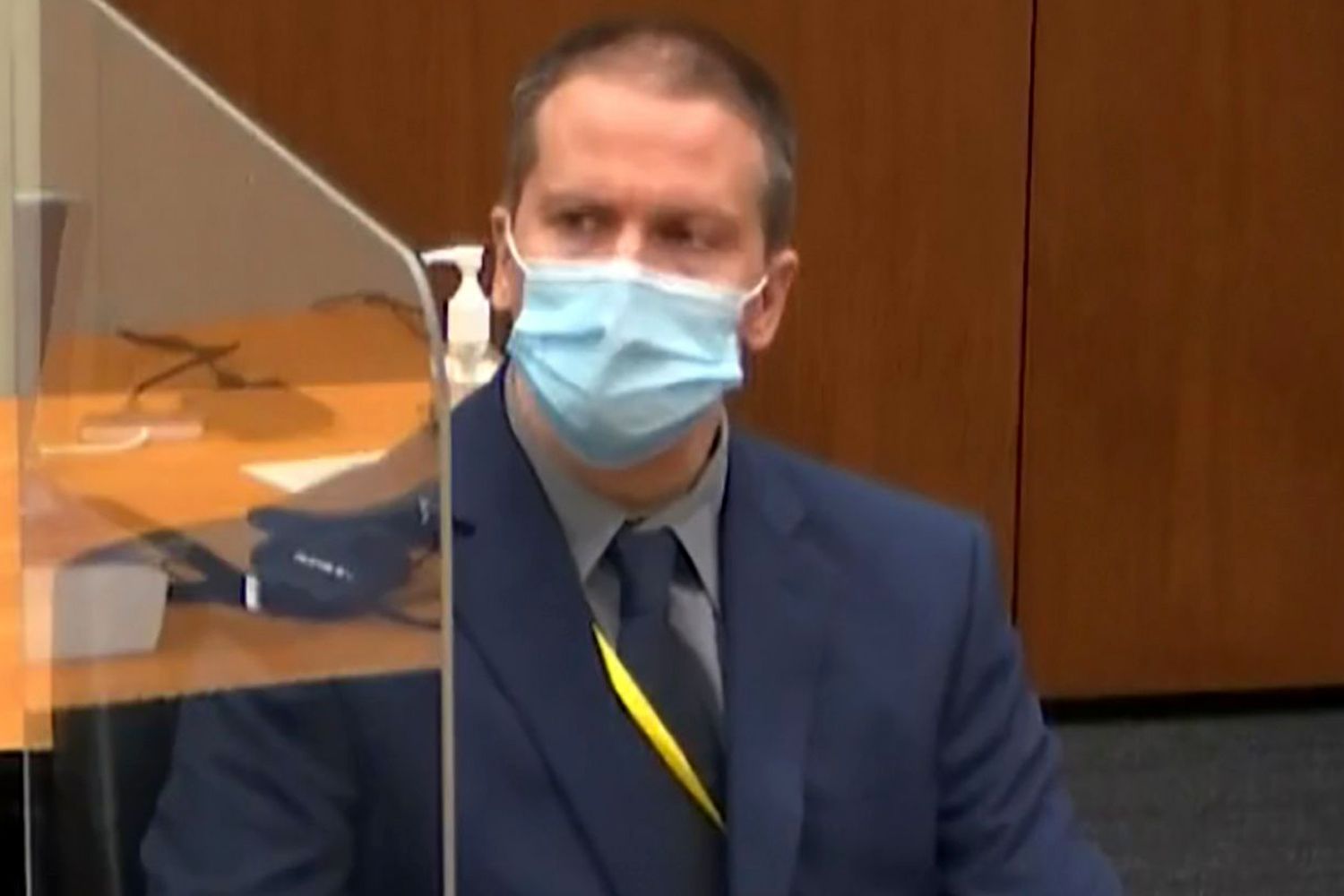Derek Chauvin's defense in his trial for killing George Floyd has argued that he was simply following police protocol when he restrained Floyd, who repeatedly said "I can't breathe" as he lay handcuffed on the ground, by pressing a knee to Floyd's neck for nearly nine minutes.
On Monday, the Minneapolis police chief disavowed that use of force.
"Once Mr. Floyd had stopped resisting, and certainly once he was in distress and trying to verbalize that, that should have stopped," Chief Medaria Arradondo testified in the ongoing trial for his former officer.
"There is an initial reasonableness in trying to just get him under control in the first few seconds," Arradondo said. "But once there was no longer any resistance and clearly when Mr. Floyd was no longer responsive and even motionless, to continue to apply that level of force to a person proned out, handcuffed behind their back — that in no way, shape or form is anything that is by policy."
He added: "It is not part of our training, and it is certainly not part of our ethics or our values."
Chauvin, 44, has pleaded not guilty to charges of second-degree murder, third-degree murder and manslaughter in the May 25 death of Floyd, 46, an incident watched by traumatized onlookers who earlier testified about their rejected efforts to stop or intervene in Chauvin's actions. The video they captured went viral and fueled outrage and protests worldwide against police brutality and racial injustice.
Both the Hennepin County medical examiner and a private pathologist hired by the Floyd family concluded that Floyd died by homicide. Chauvin's attorney, Eric Nelson, has argued that it was not pressure applied by Chauvin to Floyd's neck that contributed to Floyd's death, but rather Floyd's history of underlying health conditions and drug use.
Want to keep up with the latest crime coverage? Sign up for PEOPLE's free True Crime newsletter for breaking crime news, ongoing trial coverage and details of intriguing unsolved cases.
Arradondo fired Chauvin and three other officers who were on the scene, where Floyd had been detained for allegedly spending a counterfeit $20 bill. And in his testimony, Arradondo allowed that while his department's policy permits neck restraint, its proper use called only for "light to moderate pressure."
"When I look at [the image] and when I look at the facial expression of Mr. Floyd," he told the court, "that does not appear in any way, shape or form that that is light to moderate pressure."
Nelson countered that department policy still permitted an officer to decide what response was best for them in the moment. "Ultimately, it's not an all-inclusive list of considerations for the reasonableness of the use of force, agreed?," he asked Arradondo, who agreed.
Two other Minneapolis police officials testified Monday against Chauvin's use of force.
Inspector Katie Blackwell, who lead the department's training unit last year, reiterated that while neck restraints were permitted at the time, an officer should use only their arms in such positions. "I don't know what kind of improvised position that is," she testified, looking at a photo of Chauvin kneeling on Floyd's neck. "That's not what we train."
Lt. Richard Zimmerman, the head of the police homicide unit, testified that body camera footage from the officers on the scene suggested that Chauvin's actions were excessive.
"Pulling him down to the ground, face down, and putting your knee on the neck for that amount of time — it's just uncalled for," Zimmerman said. "I saw no reason why the officers felt they were in danger, if that's what they felt, and that's what they would have to feel to be able to use that kind of force."
The three other officers on the scene — J. Alexander Kueng, Thomas Lane and Tou Thao — all were charged with aiding and abetting second-degree murder and second-degree manslaughter, and will be tried apart from Chauvin this summer. All have pleaded not guilty.
In the aftermath of Floyd's death the Minneapolis department banned chokeholds altogether. A measure working its way through Congress — titled the George Floyd Justice in Policing Act, and already passed by the House of Representatives — would further ban chokeholds by federal law enforcement, among other provisions.
Chauvin's trial is continuing.
Source: Read Full Article








